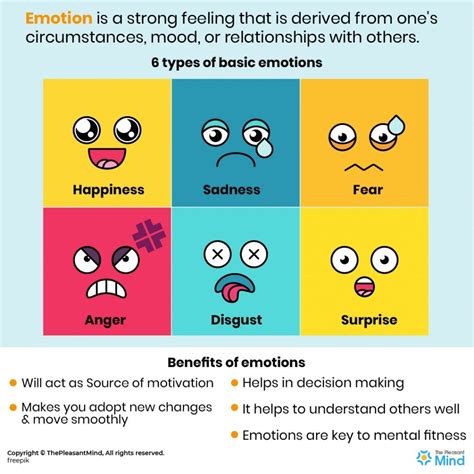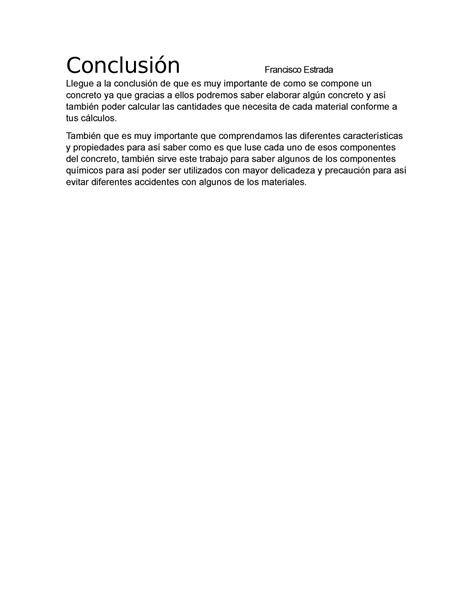Intro
Discover when the third trimester starts, its duration, and key milestones, including fetal development, pregnancy symptoms, and preparation for childbirth, during this critical 28-40 week period of gestation and prenatal care.
The third trimester of pregnancy is a critical period, marking the final stretch of gestation. It is essential for expectant mothers to understand the timeline and significance of this phase to ensure a healthy pregnancy and prepare for the arrival of their baby. The third trimester typically begins around the 28th week of pregnancy and lasts until birth, which usually occurs between 38 and 42 weeks of gestation.
As the pregnancy advances, the fetus grows and develops rapidly, and the mother's body undergoes significant changes to accommodate the growing baby. The third trimester is a time of anticipation and preparation, as the expectant mother and her family eagerly await the arrival of their new addition. Understanding the milestones and challenges of the third trimester can help expectant mothers navigate this period with confidence and excitement.
The importance of the third trimester cannot be overstated, as it is a critical period for fetal development and preparation for birth. Expectant mothers should prioritize their health and well-being during this time, attending regular prenatal appointments and following their healthcare provider's guidance to ensure a healthy pregnancy and a smooth transition to motherhood. By understanding the third trimester and its significance, expectant mothers can better prepare themselves for the arrival of their baby and the journey of parenthood that lies ahead.
Understanding the Third Trimester

The third trimester is a period of rapid growth and development for the fetus, during which the baby's major organs and body systems mature and prepare for life outside the womb. The fetus's lungs, brain, and other vital organs continue to develop, and the baby begins to gain weight and fat, preparing for a healthy birth weight. Expectant mothers may notice significant changes in their body during this period, including a growing belly, back pain, and fatigue.
Physical Changes During the Third Trimester
The physical changes that occur during the third trimester can be significant, and expectant mothers should be prepared for the challenges and discomforts that come with this phase. Some common physical changes include: * Back pain and pelvic pressure * Braxton Hicks contractions * Fatigue and sleep disturbances * Swelling and varicose veins * Breast tenderness and nipple discharge * Frequent urination and incontinenceEmotional Changes During the Third Trimester

In addition to physical changes, expectant mothers may experience significant emotional changes during the third trimester. Hormonal fluctuations, fatigue, and anxiety about the upcoming birth and parenthood can contribute to mood swings, irritability, and emotional distress. It is essential for expectant mothers to prioritize their emotional well-being during this period, seeking support from their partner, family, and friends, and engaging in stress-reducing activities such as meditation, yoga, or prenatal massage.
Coping with Emotional Changes
Coping with emotional changes during the third trimester requires a supportive network and healthy coping mechanisms. Some strategies for managing emotional changes include: * Practicing relaxation techniques, such as deep breathing or meditation * Engaging in physical activity, such as prenatal yoga or swimming * Connecting with other expectant mothers or new parents for support and community * Prioritizing sleep and self-care * Seeking professional help if emotional distress persists or worsensPreparing for Birth and Parenthood

As the third trimester progresses, expectant mothers should begin preparing for birth and parenthood. This includes attending childbirth education classes, creating a birth plan, and preparing the home and family for the arrival of the new baby. Expectant mothers should also prioritize their physical and emotional health, attending regular prenatal appointments and seeking support from their healthcare provider and loved ones.
Birth Planning and Preparation
Birth planning and preparation are critical components of the third trimester. Expectant mothers should: * Research and understand their birth options, including hospital, birth center, or home birth * Create a birth plan, outlining their preferences for labor, delivery, and postpartum care * Attend childbirth education classes, learning about labor, delivery, and newborn care * Prepare the home and family for the arrival of the new baby, including setting up the nursery and arranging for childcare and supportStaying Healthy During the Third Trimester

Staying healthy during the third trimester is crucial for expectant mothers and their babies. This includes attending regular prenatal appointments, following a balanced diet, and engaging in regular physical activity. Expectant mothers should also prioritize their mental health, seeking support from their healthcare provider and loved ones if they experience anxiety, depression, or other emotional distress.
Nutrition and Exercise During the Third Trimester
Nutrition and exercise are essential components of a healthy pregnancy, particularly during the third trimester. Expectant mothers should: * Follow a balanced diet, rich in fruits, vegetables, whole grains, and lean protein sources * Stay hydrated, drinking plenty of water and limiting caffeine and sugary drinks * Engage in regular physical activity, such as prenatal yoga, swimming, or walking * Avoid heavy lifting, bending, and strenuous exercise, particularly in the later stages of pregnancyCommon Concerns and Complications

While most pregnancies progress smoothly, some expectant mothers may experience common concerns or complications during the third trimester. These can include:
- Gestational diabetes
- Hypertension
- Preeclampsia
- Placenta previa
- Premature labor
Managing Common Concerns and Complications
Managing common concerns and complications requires close monitoring and collaboration with the healthcare provider. Expectant mothers should: * Attend regular prenatal appointments, reporting any symptoms or concerns to their healthcare provider * Follow their healthcare provider's guidance and recommendations for managing common concerns and complications * Prioritize their physical and emotional health, seeking support from loved ones and healthcare professionals as neededConclusion and Next Steps

As the third trimester comes to a close, expectant mothers should feel prepared and confident for the arrival of their baby. By understanding the physical and emotional changes that occur during this period, prioritizing their health and well-being, and seeking support from their healthcare provider and loved ones, expectant mothers can navigate the third trimester with ease and excitement. As they prepare to meet their new baby, expectant mothers should remember to stay flexible, prioritize their physical and emotional health, and cherish the journey of pregnancy and parenthood.
We invite you to share your thoughts and experiences about the third trimester in the comments below. What were some of the most significant challenges and joys you encountered during this period? How did you prepare for birth and parenthood? Your insights and stories can help support and inspire other expectant mothers as they navigate this critical phase of pregnancy.
What are the most common physical changes during the third trimester?
+The most common physical changes during the third trimester include back pain, pelvic pressure, Braxton Hicks contractions, fatigue, and swelling.
How can I manage emotional changes during the third trimester?
+Managing emotional changes during the third trimester requires a supportive network, healthy coping mechanisms, and prioritizing self-care. This can include practicing relaxation techniques, engaging in physical activity, and seeking professional help if emotional distress persists or worsens.
What are some common concerns and complications that can arise during the third trimester?
+Common concerns and complications that can arise during the third trimester include gestational diabetes, hypertension, preeclampsia, placenta previa, and premature labor. Close monitoring and collaboration with the healthcare provider are essential for managing these conditions.
